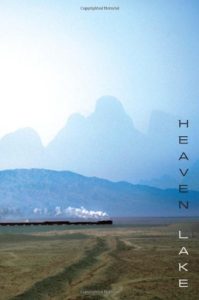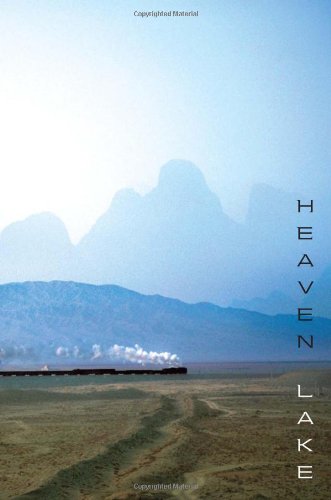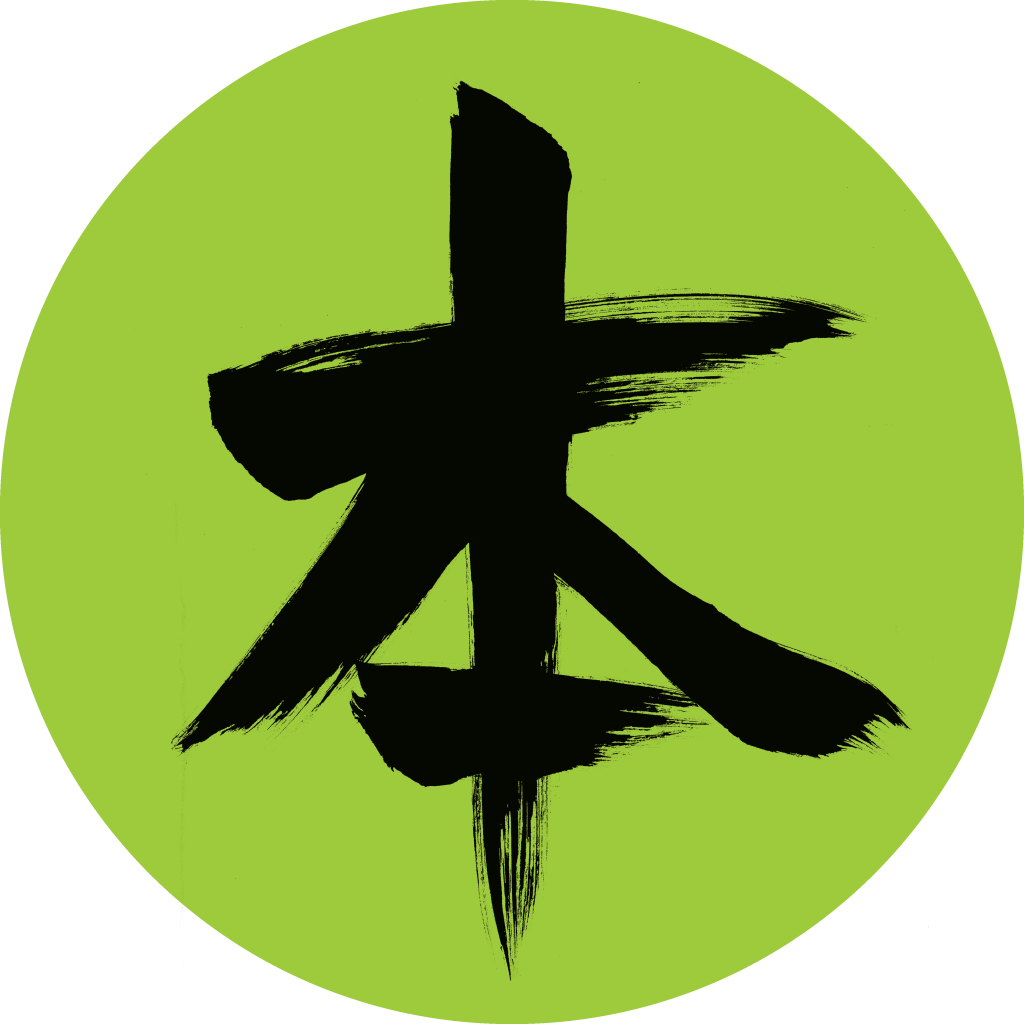

Support BOA by ordering Heaven Lake: A Novel through these links:
Amazon Japan
Apple Books Japan
Thanks for helping support Books on Asia!

I discovered this book by reading Taiwan in 100 Books. Heaven Lake is a beautifully written tribute to the author’s four years living in Taiwan. The novel is about Vincent, a young missionary sent to a small Taiwanese city where the protagonist gains new perspectives on life, religion, love and just about everything else.
You can flip to any page of the book and find vivid sentences, entire paragraphs, like this one:
The crowd buckled and swayed. A small girl in cloth slippers, a toddler, stepped out of her bamboo stroller and scuttled back to an asphalt abutment. At her parents’ insistence, she squatted down and, through cotton pajamas split open from zipper to rear seam, peed a warm runnel of urine onto the cobblestone sidewalk. She stood and marked its progress as it wound between stones and disappeared into a sewer grate. Vincent saw her flash a smile of tiny pearled teeth.
Taiwan in 100 Books tells us that it took the author eight years to write his novel, and I have a feeling that the manuscript spent very little time in a dark drawer, forgotten or unattended to while life passed him by. Rather he worked and labored over the manuscript until it was ready, and only then did he release it into the wild. Reportedly, upon sending the manuscript to 12 different publishers, five of them were interested!
What I especially admired about this book was its vision. Most expat authors write in the first person about their experiences abroad because they are focused on a story they want to tell. Dalton, however, not only thought about the story, but considered the best way to tell it. This is a good example of the advantages to an approach not author-driven (to tell a story) but reader-driven (to create the best story for the reader). Dalton delivers on this promise all the way to the end of the book and never lets the reader down: every word and sentence has been contemplated until it exudes a sense of fulfillment among a natural flow. It is Dalton’s ability to take his intensely personal experiences and turn them into someone else’s (via the third person) that allows the narrative to surpass any first-person “my experience in Taiwan” book.
The novel format allowed him to add material that simultaneously exists in the periphery of every expat experience, and which gives both depth and breadth to the story. First, he took his own English-teacher experience and reworked it into a main character who is a missionary (who also, no surprise, teaches English on the side). From here, he explores stories and topics that are common elements of living in a foreign country (romance, customs, food, etc) that are surely based on purely personal experience. Then he introduces common characters one encounters or observes when living abroad (the street vendor, the English student, the drug-runner, the gangster, the business man, etc) all richly embellished since he is not limiting the story to his own interactions. Every character, whether friend or foe, is fleshed out to be sensitive, believable, and not always predictable. It’s the perfect blending of travel experience and fiction and a brilliant rendering of the expat experience abroad.
